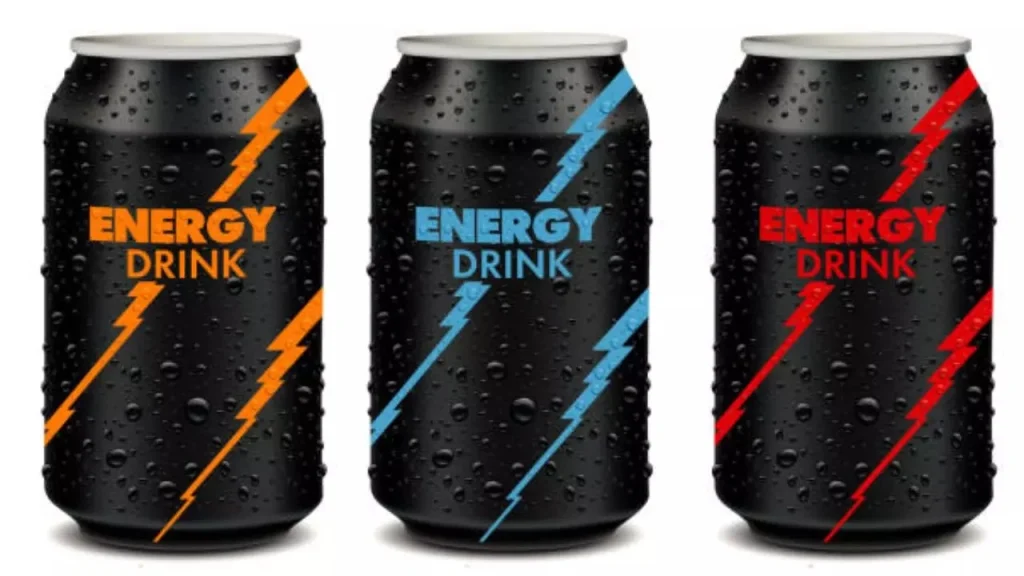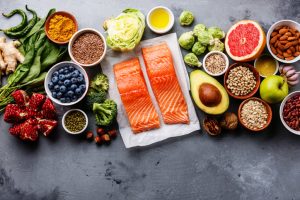With the holiday season fast approaching, the dawn of 2025 looms near, bringing with it the customary ritual of New Year’s resolutions. If you’re eager to embark on this journey ahead of the crowd, four nutritionists have shared insights with Newsweek, spotlighting key food items to evict from your pantry as part of an end-of-year kitchen overhaul.
1. Protein Bars and Shakes
All four experts collectively advise relinquishing ultra-processed protein bars and shakes as we step into the new year, according to reports by Newsweek.

Jamie Maitland, a certified holistic nutritionist and author of The 21-Day Reset Cookbook, stated, “Let’s leave overly processed protein bars and shakes in the past, particularly those laden with synthetic sweeteners and inflammatory compounds.” Maitland advocates for nutrient-dense replacements, such as hempseed powder or organic, grass-fed whey.
Catherine Gervacio, a diet consultant for the supplement brand WOWMD, echoed this sentiment: “These products are rife with artificial constituents or excessive sugars. Prioritizing whole food protein sources is typically a superior choice.”
Nutritional therapist Alli Godbold from Feed Your Health took a stricter stance, recommending avoiding any ultra-processed items with extensive lists of additives like E-numbers, stabilizers, and thickeners. “Fresh foods lack these artificial components, making processed foods nutritionally inferior and potentially detrimental to gut health,” she emphasized, as mentioned by Newsweek.
Mindy Haar, a registered dietitian and assistant dean at the New York Institute of Technology’s School of Health Professions, added that protein powders and bars are often unnecessary. “Protein has caloric value and must be metabolized by the kidneys, so consuming excess under the guise of being ‘healthy’ or ‘fitness-driven’ is illogical,” Haar remarked.
2. Foods with “Natural Flavors”
The term “natural flavors” may sound harmless, but experts warn that such products deserve scrutiny.

Maitland explained, “Despite the benign label, natural flavors are frequently as processed as their artificial counterparts. They are concocted by flavor scientists in laboratories to engineer specific tastes.” These flavors, she added, may disrupt gut health, incite cravings, and lack nutritional merit.
Gervacio clarified that while not inherently harmful, the ambiguity of the term “natural flavors” leaves room for heavily processed ingredients. She and Haar both flagged flavored yogurts as problematic, citing their high sugar content and artificial additives. Haar noted, “A single serving of flavored yogurt may harbor as much as five to six teaspoons of added sugar.” Instead, they recommend plain yogurt adorned with fresh fruit as a healthier alternative, according to the reports by Newsweek.
3. Energy Drinks
Energy drinks made the list of foods to forgo, largely due to their potential adverse effects.

“These beverages are best avoided because of their elevated levels of caffeine, sugar, and synthetic ingredients, which can negatively impact heart health and disrupt sleep,” Gervacio advised. Maitland added that while energy drinks provide a fleeting boost, they are typically followed by an energy crash and contribute little to overall nutrition.
Godbold broadened the warning, suggesting that all flavored sodas—regular and diet alike—should be excluded from the diet due to their artificiality and sugar content. Gervacio concurred, citing regular soda’s excessive sugar levels and diet soda’s artificial sweeteners as reasons to steer clear.
Additional Suggestions: Foods Worth Re-evaluation
The nutritionists offered a few additional items for consideration, acknowledging some variance in their opinions:
– Seed Oils: Maitland flagged oils like canola, soybean, and corn for their refined nature and high omega-6 fatty acid content, which could foster inflammation and disrupt the balance with omega-3s. Gervacio, however, deemed these oils acceptable in moderation, the reports by Newsweek revealed.
– Fake Meat Alternatives: Maitland urged caution with plant-based meat substitutes, highlighting their refined nature and reliance on additives. Godbold extended this caution to plant-based cheeses, butter, and some milk, suggesting they may not always be better than their traditional counterparts. Gervacio, however, pointed out that some plant-based options can be nutritious when part of a whole-food diet.










